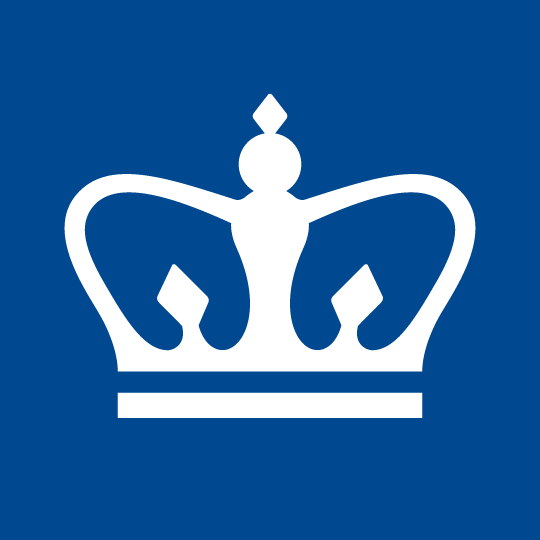Central Files (Office of the President records), 1890-1984 927 linear feet
Columbia University. Office of the President
Central Files is composed chiefly of correspondence sent and received between Columbia University administrators and other University officers, faculty, and trustees, as well as correspondence sent and received between University administrators and individuals and organizations from outside the university.

